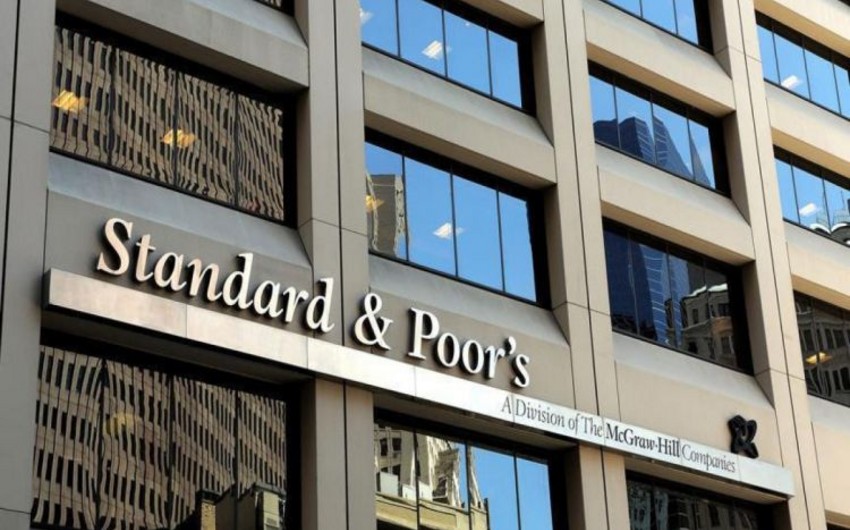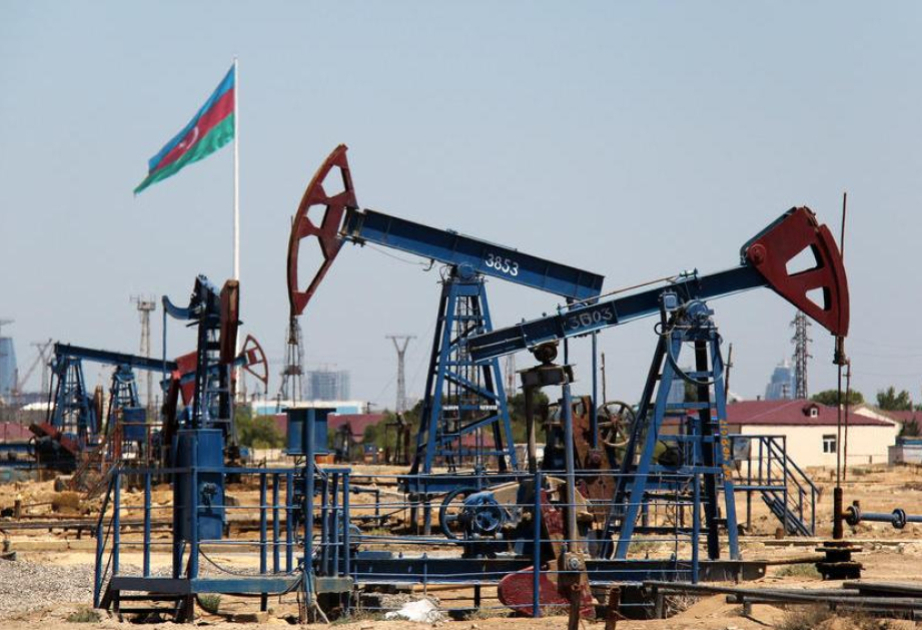The international rating agency S&P Global Ratings views Azerbaijani banking sector's net reliance on external debt favorably compared to the combined average of its global peers.
Report informs via S&P that this means less funding diversification for domestic banks, leaving them reliant on the domestic savings formation and the nascent domestic debt markets.
"Banks have a limited need to borrow in foreign debt markets given modest economic prospects and the sufficiency of their deposit bases. We estimate gross banking system external debt in Azerbaijan was close to $1 billion as of mid-year 2023. This is mostly from international financial institutions--including the International Finance Corp. and the European Bank for Reconstruction and Development--and banks' loans from foreign minority shareholders," the agency analysts say.
They note that the country's banking sector is a net external creditor.
The agency notes that the funding profile of Azerbaijan's banking system has strengthened over the past few years.
"Retail deposits in the system have expanded 70% since year-end 2016.We are not aware of any instances of banks defaulting due to runs on deposits over the past five years, also following the revocation of Muganbank's license in October 2023. This is despite some flight to quality for retail deposits following the reduction in the retail deposit guarantee to a maximum of Azerbaijani new manat (AZN) 100,000 (about $58,800) per individual from April 2021. Previously the guarantee fully covered retail deposits. The share of nonresident deposits, which we view as more volatile than resident deposits, increased to 5% (AZN2.5 billion) at year-end 2022 from 1.4% in 2021, mostly due to an influx of Russian money. However, it is considerably lower than in Georgia (18%) and Armenia (20%)," the agency said.
The agency considers that deposit dollarization has progressively reduced.
"Deposits in foreign currency reduced to 41% of total customer deposits as of Oct. 31, 2023, from 79% at year-end 2015. The share is also lower than in Georgia (51%) and Armenia (50%). Although we acknowledge the mismatch between loans and deposits in foreign currency, banks hedge their open currency positions," the agency said.
Deposits from GREs make up over half of corporate deposits. Corporate deposits, predominantly from GREs, have historically accounted for about two-thirds of deposits, and retail deposits for about one-third.
"We believe these factors add additional stability to Azerbaijani banks' funding profiles. We forecast domestic systemwide loans to core customer deposits (defined as 100% of household deposits and 50% of corporate deposits) will slightly increase but remain below 110% in 2024-2025," the agency analysts said.
In view of this, S&P improved their view of industry risk to '8', from '9' and reclassified Azerbaijan in Banking Industry Country Risk Assessment (BICRA) group '8' from '9'. Following this, the anchor for banks operating predominantly in Azerbaijan is now 'bb-' versus 'b+' previously.
"We view the economic and industry risk trends for the country's banks as stable, which reflects broadly balanced risks over the next 12-18 months," the statement says.






















